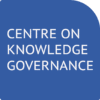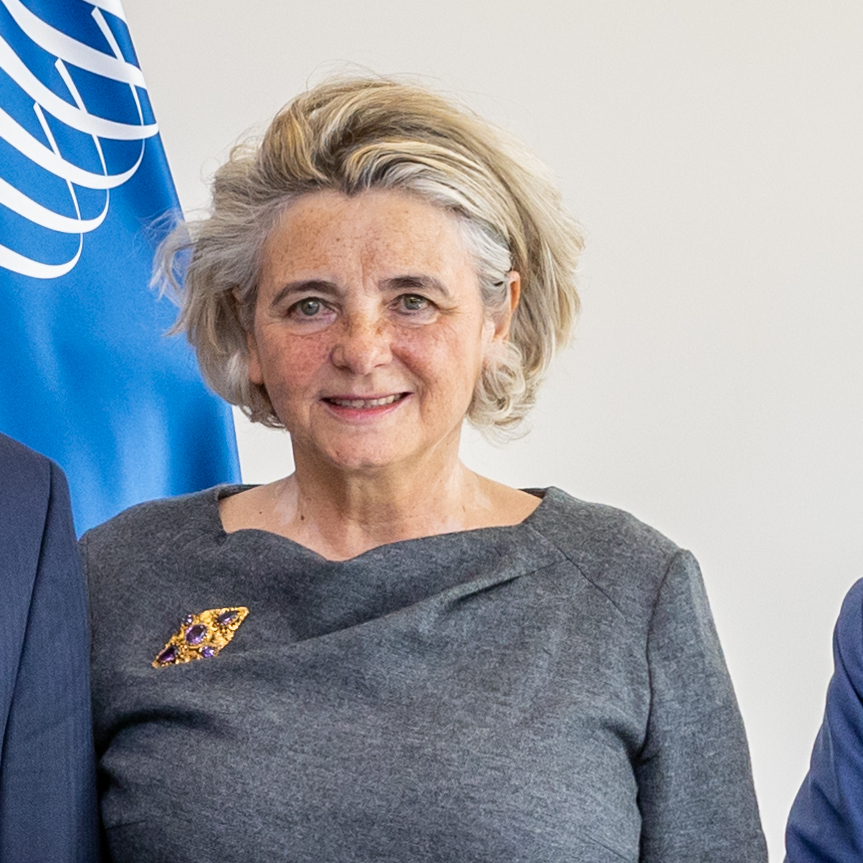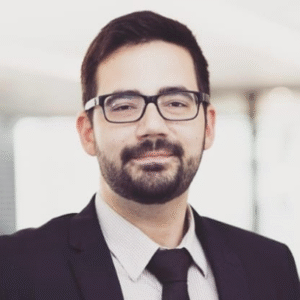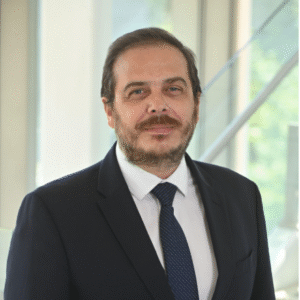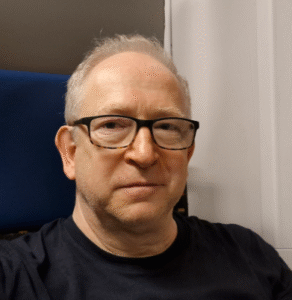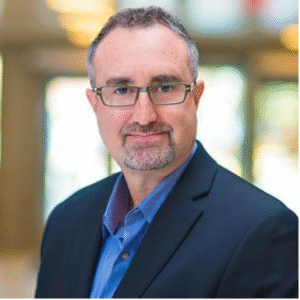The World Intellectual Property Organization General Assembly’s consideration of the work of the Standing Committee on Copyright and Related Rights (SCCR) began with a report by Ms. Sylvie Forbin, Deputy Director General for the Copyright and Creative Industry Sector, expressing “frustration” and “bitterness” about the Committee’s slow pace of work, and ended with a call for risk taking.
Ms. Forbin’s opening statement focused on the Committee’s inability to reach conclusions on two long-standing agenda items — protection of broadcast organizations and promotion of limitations and exceptions — that have been on its agenda since the Committee’s formation in 1998.
Her comments opened by describing “a strange paradox” between the significant and growing participation of member states and observers in the Committee’s meetings, which are indeed among the most attended WIPO meetings each year, and “that it is more difficult than it was in the past to take decisions that will help us to achieve progress in our work.”
Her comments focused first on the long-stalled treaty on the protection of broadcasting organizations. The issue of protecting broadcasting organizations was removed from the 1996 Diplomatic Conference and moved to the SCCR’s agenda when that committee was created by the GA in 1998. A draft Treaty was approved for a Diplomatic Conference by the GA in 2006, but the SCCR failed to approve a draft text “confined to the protection of broadcasting and cablecasting organizations in the traditional sense” and “based on a signal-based approach” (WO/GA/33/10, para 107, 2006). The SCCR now operates under the GA’s 2007 decision to call a diplomatic conference only after there is sufficient “agreement on objectives, specific scope and object of protection” in a draft instrument (WO/GA/34/16).
As reflected in the Chair’s Summary of the 45th meetings of the Committee, there continue to be significant differences between countries on the basic terms of the treaty. In particular, there is significant disagreement with the inclusion of articles creating fixation and post-fixation rights, including an exclusive right to make available stored programs on the Internet. It appears likely that a draft treaty would be approved for a diplomatic conference if these clauses were taken out. But the draft treaty produced by the Chair’s facilitators continues to be far broader than the consensus of the Committee will allow.
Ms. Forbin expressed “frustration” at this state of affairs:
I think that you will understand that we are experiencing a certain level of frustration given that there is no concrete result after intense discussions on the draft Treaty for the protection of broadcasting organizations which our Committee has been working on for more than a quarter of a century. A quarter of a century, I repeat. That is a very long period of time.
She rhetorically asked in her statement whether the lack of progress is due to flawed modalities — “to the fact that perhaps only one or two meetings a year is not really the ideal framework for negotiations that are as technical as they are” — or “”the very raison d’être of this Treaty?” She added: “Is there not a real risk that this treaty in its current configuration is leading us down a path that has no end?”
She next turned to the issue of limitations and exceptions. This topic has also been on the agenda of the Committee since it was created in 1998, with the GA approving an agenda item on Copyright, Related Rights, and Digital Technology “from the viewpoint both of owners and managers of rights, and of users and the général public.” The agenda produced the Marrakesh Treaty to Facilitate Access to Published Works for Persons Who Are Blind, Visually Impaired, or Otherwise Print Disabled in 2013. SInce 2012, it has been working under a GA mandate “to work towards an appropriate international legal instrument or instruments” on limitations and exceptions for libraries, archives, museums, education and research institutions and people with other disabilities (WO/GA/41/14). Work on the agenda has increased it pace in recent years, including through a Work Program adopted by the Committee to produce “objectives, principles and options” for an instrument on “priority” issues of preservation, digital exceptions, and people with disabilities.
Ms Forbin acknowledged the “fixed mandate as set out by the General Assembly in 2012,” although she did not identify its objective to produce binding or non-binding “international legal instrument(s).” She pointed to the Secretariat’s production of “thematic studies,” “typologies” and “regional meetings and an international conference” which “enabled us to hold a very rich exchange of views and to identify a roadmap for the future we are currently working on.” But she lamented that “for a number of sessions now that there is in fact a misunderstanding” over the goals of the agenda. She therefore appeared to call for a reevaluation of the purpose of the agenda item:
We need to clarify our expectations while taking into account, of course, that they are not necessarily the same for all members of our committee. Is it not a good idea to try and have a sensible understanding of what could be common ground for us?
After discussing the new calls for the Committee to address artificial intelligence and other digital copyright issues, Ms. Forbin returned to a darker tone, expressing “bitterness” at the lack of progress:
Our analysis of the situation is that it’s proving to be difficult to gather all of the necessary dynamics to reach consensus. What we have seen in this Committee is that we are wasting our energy and resources to a certain degree. We are obliged to note with some bitterness that we are losing out on valuable opportunities despite the efforts of some of you to breathe new vitality and life into our work. Given the major issues that are being posed on the issue of copyright during this extremely rich and complex period which require cross -cutting analysis and feedback both from professionals as well as from institutional managers – is the SCCR still not a key forum for seeking solutions and agreements and seek consensus? Is the challenge today not really to think about the best ways in which we can make progress in our work in a changing world?
The diversity of situations and approaches across the world should not prevent us from finding some common ground which will enable us to make progress together in a constructive manner and really take advantage of the opportunities offered by the SCCR to convene Member States regularly on the most relevant and urgent issues.
After the interventions of member states and observers, including interventions by Knowledge Ecology International and the Global Expert Network on Copyright User Rights that outlined specific achievable landing zones for the broadcast and L&E agendas, DDG Forbin spoke again and, in a somewhat more optimistic tone, called for taking risks to achieve progress.
I think that the contributions made by Member States and indeed also by observers converge more or less in the same direction. Of course, as I’ve said myself, there’s always been interest expressed repeatedly by many, if not most of you, to make headway with the work to be done in the SCCR. The question, of course, the tricky one is how to do that.
We have had and I think I was still in what I described earlier as a rather frustrating period when we don’t seem to be able to do anything except either go around in circles or go backwards on some issues. We certainly do not make any headway in the right direction.
The essential thing is that we be willing to take perhaps a little bit of risk in order to actually advance. When I talk about risk, I am not not talking about risks to what we’ve agreed to in the past, I talk about the risk of moving forward however difficult that may appear to be.
We have cutting edge technology coming in so fast and, of course, artificial intelligence. If we are going to deal with all these issues, the international community is going to have to grab the bull by the horns, if I can put it that way. And really tackle these issues head on.
We are desperate really to help you do something, so that the next SCCR at the beginning of December will be one where we can actually celebrate together at the end of the week.
